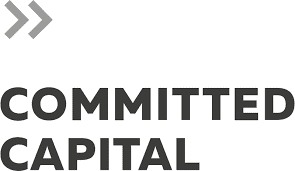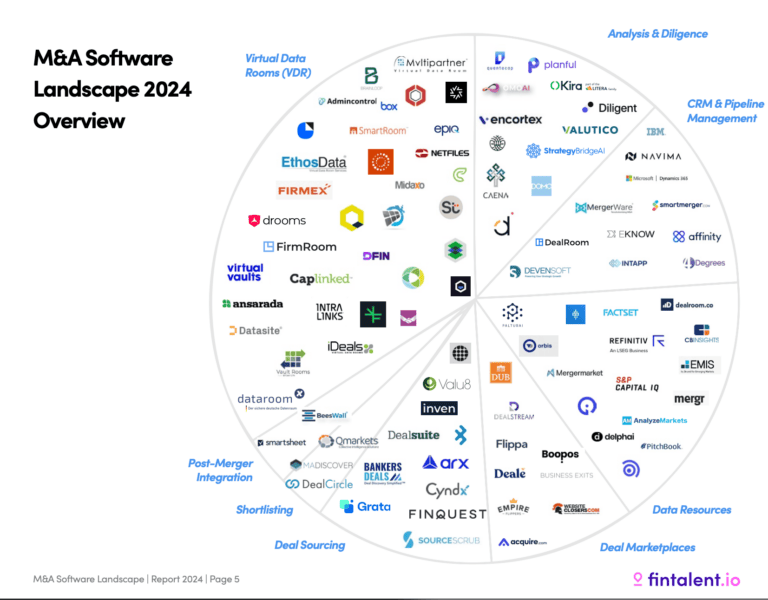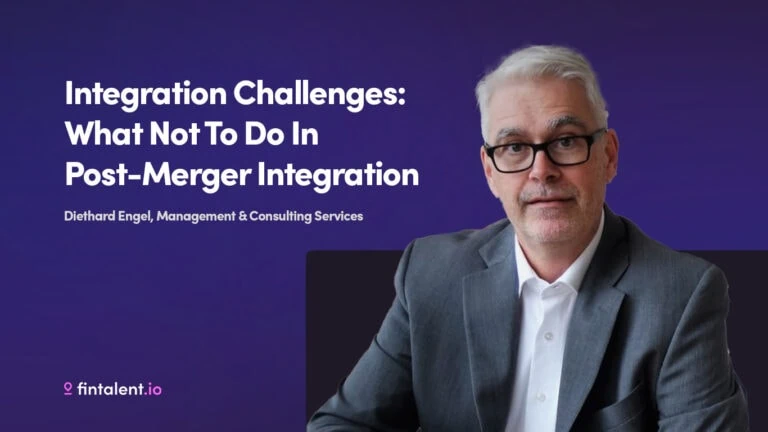What is Value Creation?
Value creation is a strategic process used by businesses to increase their worth through various means such as enhancing revenue, reducing costs, improving efficiency, and innovating products or services. It involves a holistic approach that considers all aspects of a business, from operations to customer relations, with the goal of generating long-term sustainable growth and profitability.
In the context of M&A and corporate development, value creation is critical as it helps companies maximize the benefits of mergers and acquisitions. It ensures that the combined entity operates more effectively and efficiently, ultimately leading to increased shareholder value.
What does a Value Creation Consultant do?
A value creation consultant specializes in identifying and implementing strategies that enhance a company’s value. They analyze various facets of the business, including financial performance, operational efficiency, market positioning, and strategic opportunities.
In M&A scenarios, these consultants play a pivotal role in due diligence, post-merger integration, and identifying synergies between merging entities. Their expertise helps ensure that the acquisition delivers the expected financial and strategic benefits.
What qualifications should a Value Creation Consultant have?
Value creation consultants should have a strong background in finance, business strategy, and operations. A degree in business administration, finance, or economics is often required, along with advanced certifications such as CFA (Chartered Financial Analyst) or CPA (Certified Public Accountant).
In addition to formal education, practical experience in consulting, investment banking, or corporate strategy is highly valuable. This experience equips them with the analytical skills and strategic thinking needed to identify and implement value-creating opportunities.
How much experience does a Value Creation Consultant need?
Typically, a value creation consultant should have at least 5-10 years of experience in relevant fields such as consulting, investment banking, or corporate development. This experience should include a proven track record of successful projects where they have contributed to significant value enhancements.
Experience in managing complex projects, particularly those involving mergers and acquisitions, is crucial. This ensures they have the necessary skills to navigate the intricacies of such transactions and deliver tangible results.
What does a freelancer do during a Value Creation assignment?
During a value creation assignment, a freelance consultant will start by conducting a thorough assessment of the company’s current state. This involves analyzing financial statements, operational processes, market conditions, and competitive positioning.
Based on this assessment, the consultant will develop a strategic plan aimed at enhancing value. This plan may include recommendations for cost reductions, revenue enhancements, process improvements, and strategic investments. The consultant will work closely with the company’s management team to implement these recommendations and monitor progress.
What is the typical scope of a Value Creation project?
A value creation project typically involves several key phases: assessment, planning, implementation, and monitoring. The initial assessment phase focuses on identifying areas where value can be created. This is followed by the planning phase, where specific strategies and action plans are developed.
The implementation phase involves executing these strategies, which may include organizational restructuring, process optimization, and investment in new technologies. Finally, the monitoring phase ensures that the implemented changes are delivering the expected results and making necessary adjustments.
What are some example deliverables of a Value Creation consulting project?
Typical deliverables of a value creation consulting project include a comprehensive value assessment report, strategic action plans, and detailed implementation roadmaps. These documents outline the identified opportunities for value creation, the proposed strategies to capitalize on these opportunities, and the specific steps needed to implement these strategies.
Other deliverables may include financial models, performance dashboards, and progress reports that track the implementation and impact of the value creation initiatives.
How to Assess the Impact of Value Creation Initiatives
Measuring the impact of value creation initiatives is crucial to ensure their effectiveness. This involves tracking key performance indicators (KPIs) such as revenue growth, cost savings, profit margins, and return on investment (ROI). Regularly reviewing these metrics helps in understanding the success of the implemented strategies and making necessary adjustments.
Additionally, qualitative assessments, such as employee and customer feedback, can provide valuable insights into the broader impact of these initiatives on the company’s culture and customer satisfaction.
Common Challenges in Value Creation and How to Overcome Them
Implementing value creation strategies can be challenging due to various factors such as resistance to change, misalignment of goals, and lack of resources. Addressing these challenges requires strong leadership, effective communication, and a collaborative approach.
It’s essential to engage all stakeholders early in the process, clearly communicate the benefits of the proposed changes, and provide the necessary support and resources to implement them. Regularly monitoring progress and being flexible in adapting strategies can also help overcome these challenges.
The Role of Technology in Value Creation
Technology plays a significant role in value creation by enabling businesses to operate more efficiently, innovate faster, and deliver better customer experiences. Advanced data analytics, automation, and digital transformation initiatives are examples of how technology can drive value.
Incorporating technology into value creation strategies can help companies gain a competitive edge, improve decision-making, and achieve sustainable growth. Consultants should have a good understanding of the latest technological trends and how they can be leveraged to create value.



























